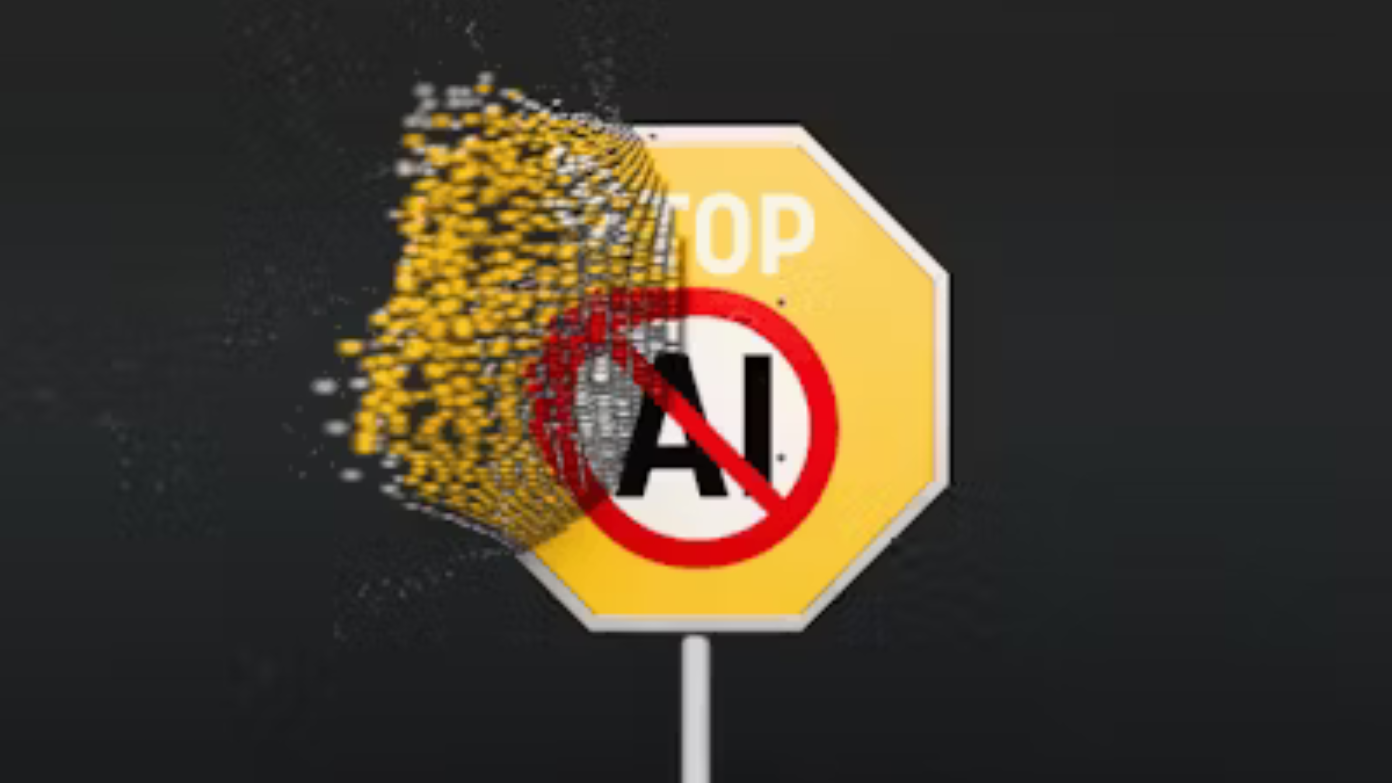When Joani Reisen’s health insurance cut off coverage for her vital ADHD medication after over a decade of unquestioned provision, she was in a familiar plight, as are millions of others. This time, she had an unlikely ally in her fight: artificial intelligence. Reisen’s successful combat against Independence Blue Cross (IBX) is not just an example of a growing trend of patients turning to AI tools to fight their battles against insurance companies.
The battle over a life-sustaining medicine
Reisen, whose Delaware County residency caters to her needs since she has been relying on medication for over ten years, needed that drug to help her focus on life itself. It helped her deal with issues of which she was not diagnosed until much later in life, after she discovered her own problems post her son ‘;s diagnosis. Everything was just going fine—until IBX suddenly decided to label it “experimental” and stopped the reimbursements, forcing her to consider generic alternatives that came with intolerable side effects.
“I would love to be able to take the generic more than anybody, just not only for a financial reason, but for ease so that I don’t have to go through this battle,” Reisen told CBS News Philadelphia. “It just doesn’t work. It made us fall asleep out of nowhere.”
IBX denied payment again and again, despite being urged by her doctor and after two separate appeals. The aftermath has been countless hours on the phone for Joani, confronting nothing but growing frustration. ”I can’t even tell you the hours that I’ve spent on the phone just trying to get this medicine,’ she said. ‘I was at my wits’ end’.”
AI-powered appeals discovered
The breakthrough came when an employee of Reisen’s husband found out about Counterforce Health, an AI-driven nonprofit that drafts customized appeal letters for patients facing denial by insurance payers. Co-founded by Neal Shah, this organization operates from Research Triangle Park in North Carolina and offers its services for free, funded by National Institute grants and the University of Pennsylvania.
Shah explains, “The average person would have to take eight to 10 hours and go parse through hundreds of medical journals, parse through databases and do a lot of manual research, labor and writing. The AI system can do this in less than two minutes”.
This platform considers a patient’s insurance policy, collects appropriate medical evidence, and analyzes records of successful appeals related to particular drugs or treatments. Then it composes a scientific appeal letter, the drafting of which typically requires extensive legal and medical expertise.
How AI appeals function
Counterforce Health is one of a number of fledgling AI initiatives helping patients fight insurance denials. Counterforce Health’s system stands on a rich dataset of successful insurance appeals that know which strategies work and which loopholes insurers exploit.
The process is extraordinarily simple: patients upload their denial letter alongside information pertaining to their insurance plans and other relevant documents. The AI then analyzes the medical literature, the language contained in the insurance policy, and the regulations surrounding such an appeal to construct a data-backed case. Only a few minutes later, patients receive a draft of the letter, which they can edit and submit.
“Our AI is built on a deep dataset of successful insurance appeals. It understands the loopholes insurers rely on and the language that works,” reads Counterforce Health’s webpage. The system pulls directly from peer-reviewed medical journals, clinical guidelines, and federal and state regulations to create those customized arguments specific to each patient’s situation.
Growing AI-powered patient movement
The case of Reisen is part of the growing movement of patients who use artificial intelligence to determine insurance denials. Claim denial is an increasing trend, affecting almost 20% of the in-network claims each year, and roughly less than 1% are appealed by consumers. Denials that have been appealed back have a success rate between 40% and 90%, indicating that many of the denials appear to be unmerited.
Claimable is another site that charges about $40 per appeal and claims approximately 1,000 denials have been overturned since its launch. The service uses AI to conduct a 25-minute questionnaire pertaining to the case of the patient and then bolsters the narrative with peer-reviewed research and relevant law to compose an appeal letter.
The insurance industry’s response
Now that algorithms are allowing for patient appeals, the insurance companies have begun engaging their AI in making denials left, right, and center. A comedian-report set up by a Senate Committee in 2024 opined that denial rates achieved by the AI tools employed by insurers could be up to 16 times higher than rates produced by humans; UnitedHealth is said to have run thousands of claims through its AI denial engine in seconds.
IBX denies this, contending AI played no part in the approval granted to the patient in question, and stating the first denials were driven not by AI, but rather due to improper inclusion of the patient’s ADHD diagnosis in the review by human modelers. According to their statement, an external physician reviewed this case and unfortunately overlooked the correct diagnosis, resulting in inappropriate denials. Finally, a second external reviewer was able to identify the correct diagnosis and actually approved coverage.
“We assume that the use of AI would play a growing role in healthcare, but it did not impact the outcome of this particular case,” IBX responded. However, the timing of the approval, which came shortly after the submission of the AI-generated appeal by Reisen, suggests that AI may have played a much bigger role than the insurer would like to admit.
Read more: Lowe’s bets big on tech, offering six-figure salaries for IT talent
Read more: $10,000 for cost-saving ideas: Treasury and GSA launch cash rewards for federal workers
Read more: Bad news for ATM users: fees hit record breaking levels

